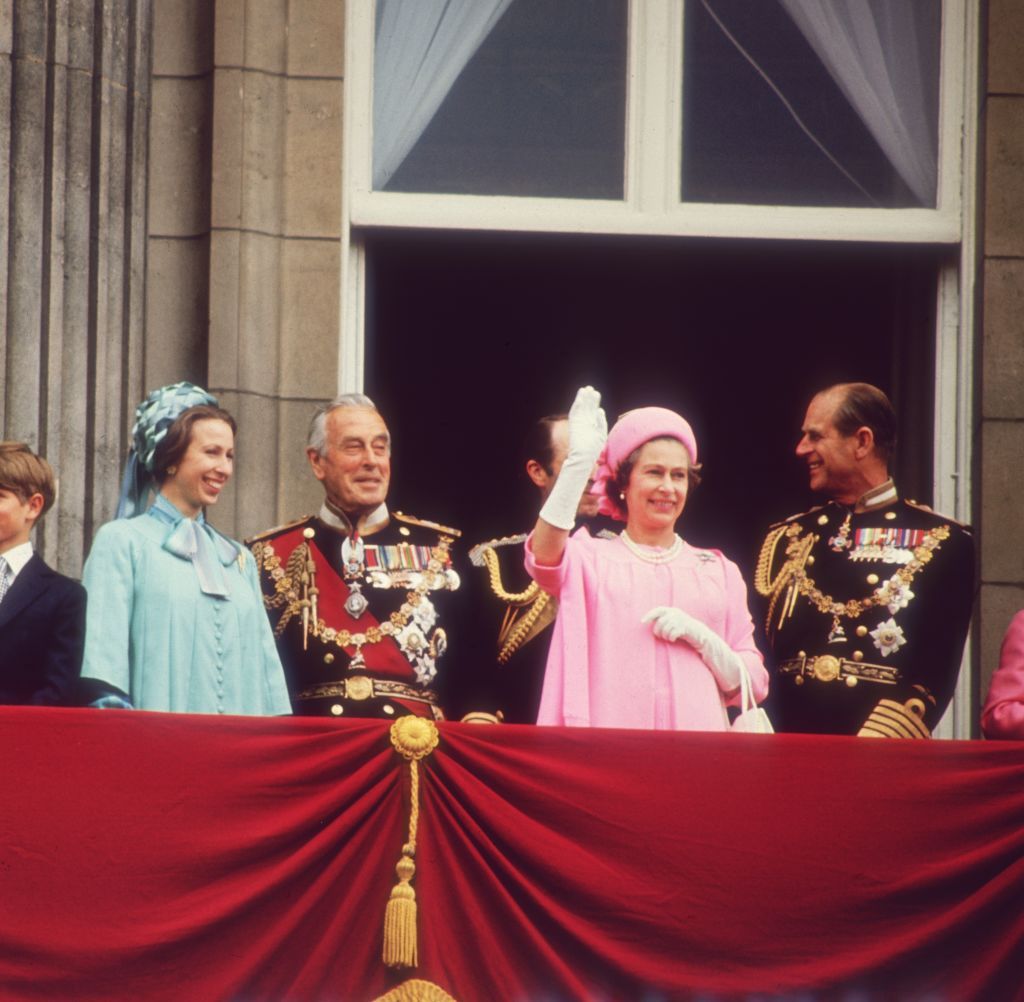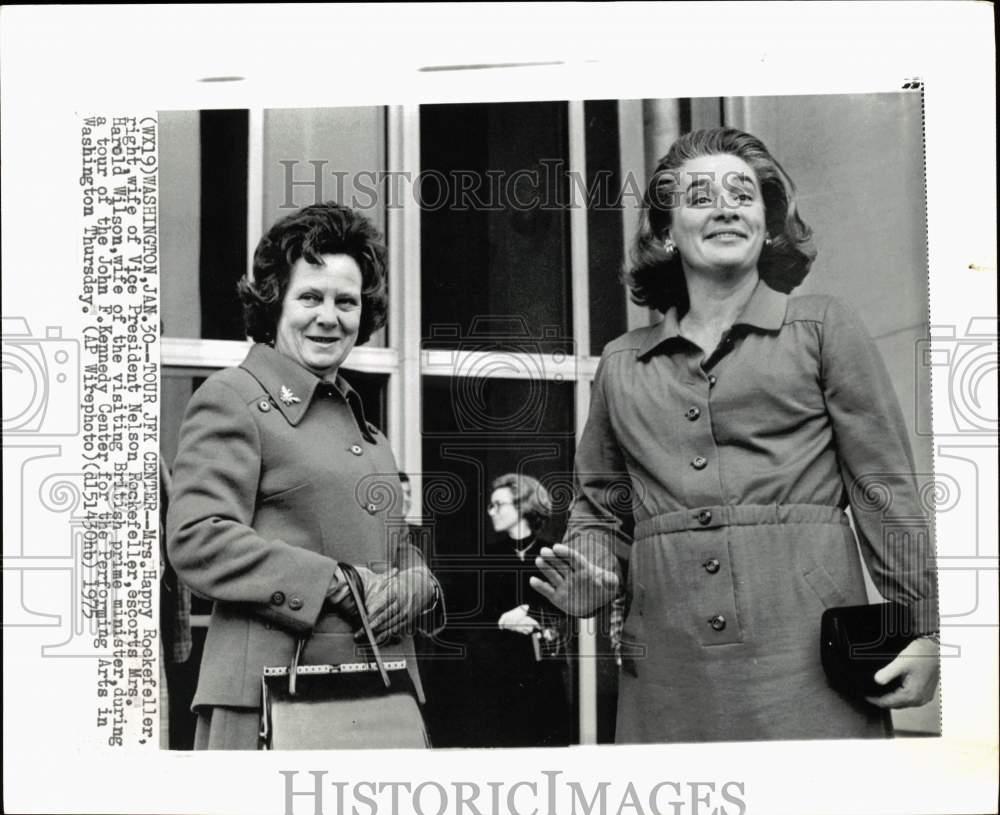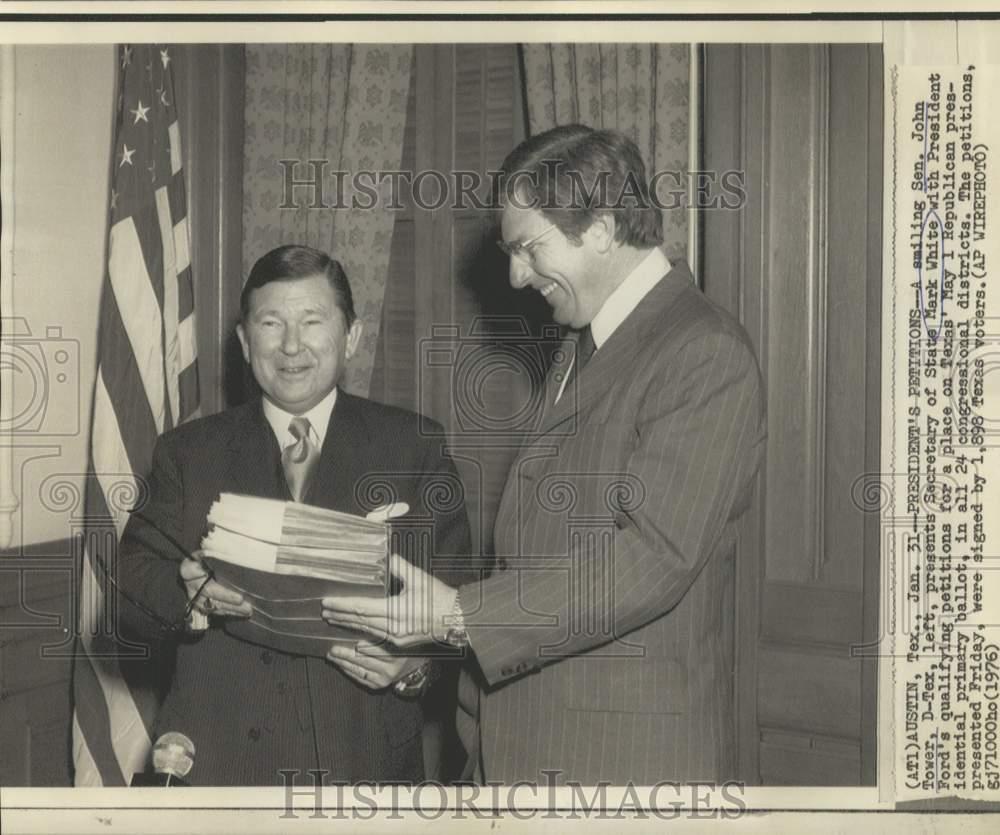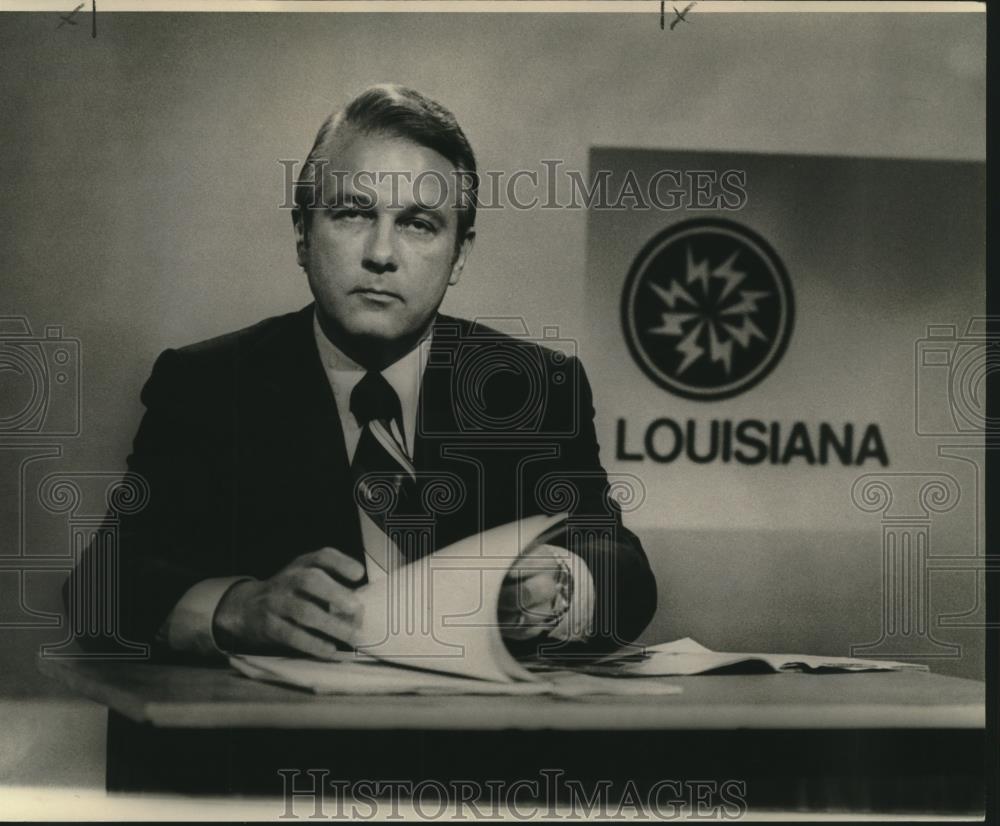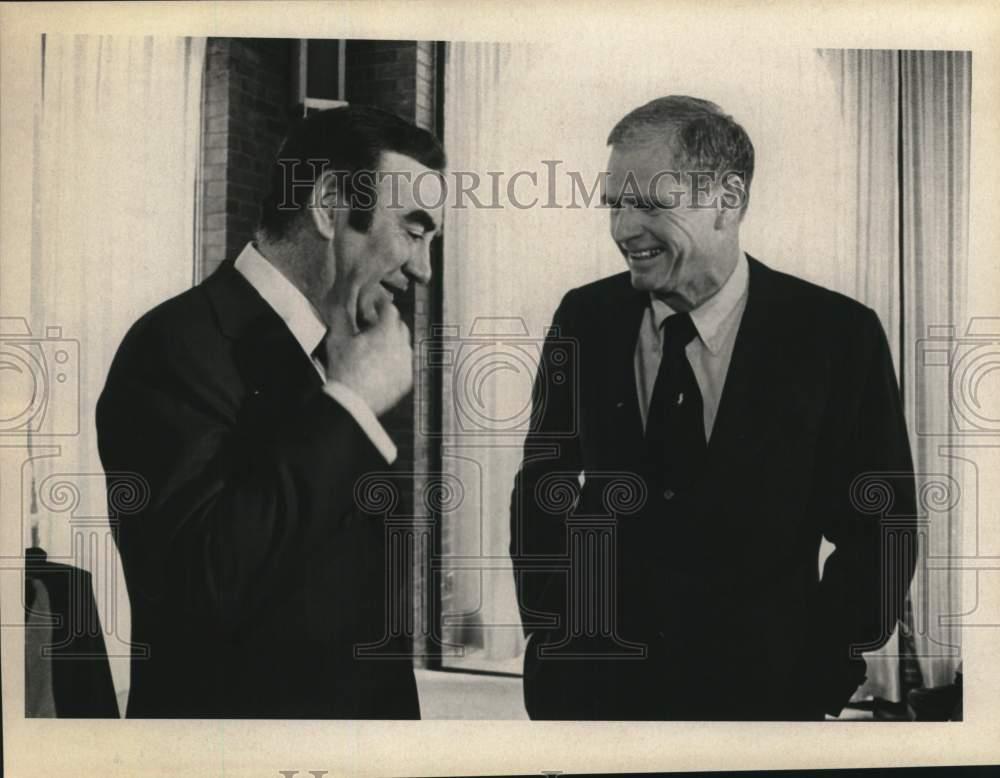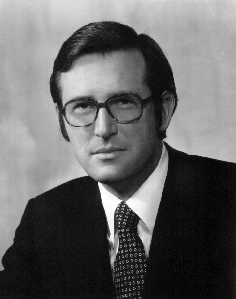*August 5, 1977: Following two days of bilateral talks with Tanzanian President Julius Nyertre, US President Nelson Rockefeller said the two Heads of State had reached "almost complete agreement" on a diplomatic solution which would promote a peaceful transition to black majority rule in both Rhodesia and Nambia.
*South African Prime Minister BJ Vorster scolded the Rockefeller administration's Africa Policy and bitterly characterized US President Nelson Rockefeller's recent statements as an effort to placate US blacks, who overwhelmingly voted for him in the 1976 presidential election. Vorster's remarks raised doubts about his continued willingness to help end white minority rule in Rhodesia, which has been dependent on South Africa for oil, weapons and access to the sea.
*August 10, 1977: As part of the Silver Jubilee celebrating Queen Elizabeth II's 25 years as the British Monarch, began two-day visit to Northern Ireland under heavy security. Roman Catholics, protesting English rule in Northern Ireland, set off bombs and clashed with police when the protesters attempted to reach Hillsborough Castle, where the Queen received her guests.
*The military government of the Argentine Republic announced that the cost of living rose 7.6% during the month of July for a total increase of 64.1% during the first seven months of the year. The predicted inflation rate of 140% for the entire year, would, however, be a dramatic improvement over the 347.3% reported for 1976.
*August 13, 1977: Members of the right-wing National Front and hundreds of supporters moved into Lewishawn, a multiracial neighborhood of London, to protest widespread muggings in the city. A bloody street fight followed when the marchers were confronted by angry counter-demonstrators in the area. Some 100 persons, including many police officers, were injured during the disturbance.
*August 17, 1977: The Egyptian government suspended trade with the Soviet Union and Czechoslovakia after claiming that recent trade agreements had been deliberately violated.
*August 18, 1977: Under massive pressure, embattled Bermudian Premier John Sharpe announced his resignation after two years in office effective August 26th. Earlier in the year, most of the Cabinet ministers denounced Smith as incompetent and resigned from their posts.
*August 19, 1977: Following a week-long strike by some 3,000 postal workers in Sydney, the Australian Parliament responded by passing legislation outlawing strikes by government employees.
*August 25, 1977: During the World Peace Through Law Conference held in Manila, some 2,000 people defied a 1972 martial law decree by holding a three-hour rally followed by a protest march to denounce alleged human rights violations in the Philippines. Law enforcement agencies used water cannons and nightsticks to dispersing the marches, some 100 of whom were injured in the melee.



